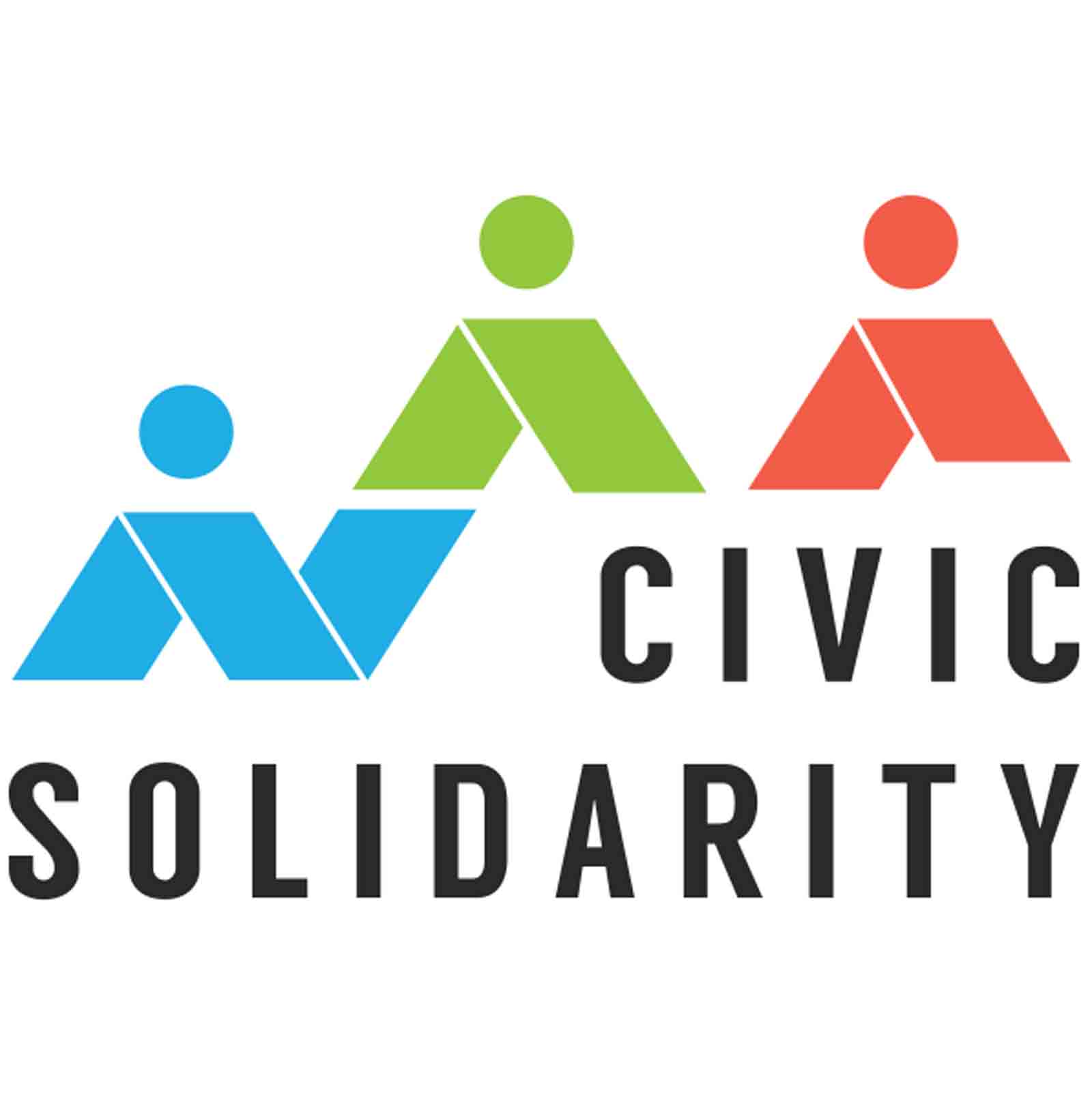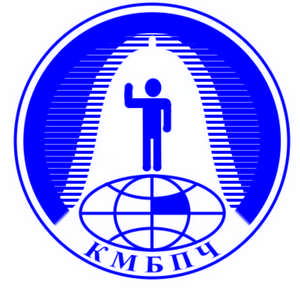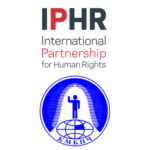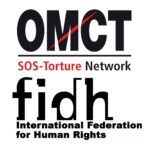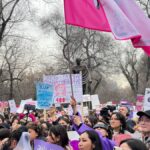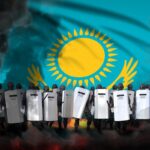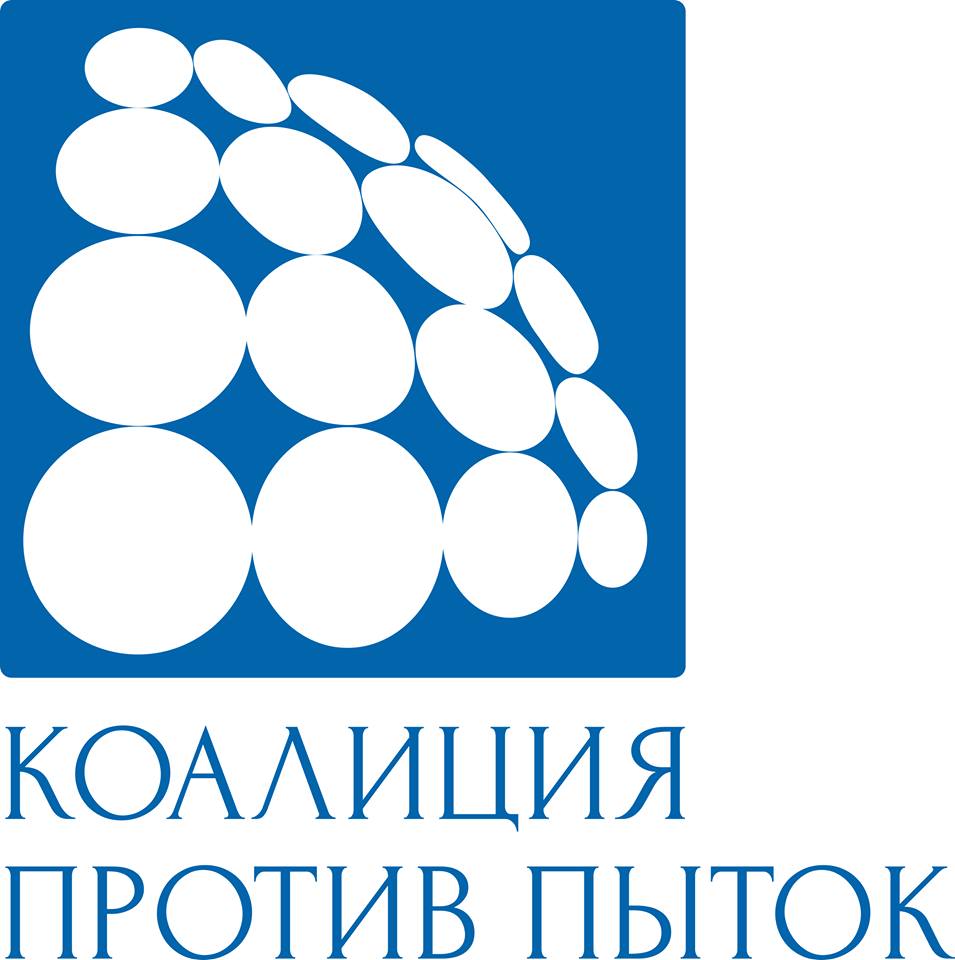We, members of the international Civic Solidarity Platform, express our strongest concern about a restrictive draft NGO law, currently being debated in the Bulgarian Parliament’s Legal Affairs Committee, and urge MPs to reject it as violating Bulgaria’s obligations under international and European law. As a member of the European Union, the Council of Europe and the United Nations, and a participating State of the Organisation for Security and Cooperation in Europe, Bulgaria should not restrict civil society space. Instead, it should ensure safe and enabling environment for civil society as a prerequisite for a democratic state.
The draft NGO law clearly falls short of Bulgaria’s international human rights standards, OSCE commitments, and European Union law. If adopted, the bill would seriously hamper the work of independent NGOs, discriminate against those that receive funding from abroad, and stigmatise them.
The draft law was introduced on July 3, 2020 by a group of MPs from the nationalist United Patriots party, a junior partner in the coalition government, to amend the Non-Profit Legal Persons Act, which regulates the status and activities of NGOs in Bulgaria. Officially, the proposed legislation aims to make the civil society sector more transparent. Ironically, the same argument was used by the Russian authorities to justify adoption of the notorious legislation on “NGOs as foreign agents” which has been widely criticised by many governments and intergovernmental organisations and has led to severe restrictions for NGOs and the closure of dozens of independent groups.
Similar to Russia, the draft law in Bulgaria was introduced in the context of repeated attempts by some political parties on different sides of the political spectrum to infringe upon individuals freedoms and silence critical voices in Bulgarian civil society, in particular targeting organisations which receive funding from international donors and vilifying them as “foreign agents” that allegedly undermine Bulgarian national identity, family values and sovereignty.
The bill imposes an obligation on every NGO registered “in the public benefit” list that receives more than 1,000 Bulgarian lev (around 500 euros) from a foreign natural or legal person – with the exception of funds received from the EU – to declare this money within seven days to the Ministry of Finance, along with “written evidence about the source of the funding”. This is then recorded in a special publicly accessible registry, maintained by the Ministry of Justice, for NGOs receiving foreign funding. Failure to declare foreign funding entails sanctions, from a fine up to the dissolution of the NGO.
In addition, the draft law inserts in the Anti-Corruption and Confiscation of Illegally Acquired Property Act a new provision on the obligation for directors and members of the governing bodies of the NGOs receiving more than 1,000 lev from abroad to file a personal statement with the Anti-Corruption Agency on their personal financial situation, irrespective of whether they receive remuneration from the NGO. Like government officials, they can also be subjected to inspections from the agency. None of such obligations exists for NGOs that are funded from public or private sources inside Bulgaria.
The draft law furthermore aims to undermine the newly elected Civil Society Council, composed of NGOs critical of the current government. The bill strips the Council of many of its functions, such as preparing the Action Plan of the Strategy for the Development of Civil Society, exercising control of the plan’s implementation, setting priorities for and determining the beneficiaries of funds set aside for NGOs in the state budget, and collecting information from central and local authorities on the effectiveness of public funding of the non-profit sector. By curtailing the Council’s functions and transferring its powers to the government, these changes would undermine civil society’s independence and bring it under control by the authorities.
The draft NGO law in Bulgaria contradicts a wide range of international norms and the country’s obligations on freedom of association and the right to participate in the public life, including the OSCE commitments, the OSCE/ODIHR and the Venice Commission’s Guidelines on Freedom of Association, the European Convention for Human Rights and Fundamental Freedoms, Recommendations of the Committee of Ministers of the Council of Europe on the legal status of non-governmental organisations in Europe, and the International Covenant on Civil and Political Rights.
Importantly, Bulgaria will be in direct violation of the law of the European Union if it adopts the law. The bill resembles the 2017 Hungarian law “On the Transparency of Organisations Supported from Abroad” struck down on 18 June 2020 by the EU’s top court, the Court of Justice of the European Union, due to its inconsistency with EU law and the EU Charter of Fundamental Rights. In this landmark case, the EU Court held that the Hungarian law unduly restricts the freedom of movement of capitals within the EU and amounts to unjustified interference with fundamental rights, including respect for private and family life, protection of personal data and freedom of association, as well as citizens’ right to participate in public life. For Bulgaria, which strives to join the Euro zone in 2023, adoption of its own restrictive anti-NGO law may be a serious barrier to its aspirations.
We urge the Bulgarian Parliament to reject the draft law and send a strong signal to the government and the general public that the authorities are committed to respecting fundamental rights, including the right to freedom of association and citizens’ right to participate in public life, and to upholding the country’s international obligations and commitments.
Signed,
Barys Zvozskau Belarusian Human Rights House
Bulgarian Helsinki Committee
Center for Civil Liberties (Ukraine)
Centre for the Development of Democracy and Human Rights (Russia)
Center for Participation and Development (Georgia)
Citizen’s Watch (Russia)
Crude Accountability (USA)
DRA (Germany)
Foundation of Regional Initiatives (Ukraine)
Freedom Files (Poland)
International Partnership for Human Rights (Belgium/ International)
Helsinki Association Armenia
Helsinki Citizens’ Assembly Vanadzor (Armenia)
Helsinki Committee for Human Rights in Serbia
Helsinki Committee of Armenia
Helsinki Foundation for Human Rights (Poland)
Human Rights Center (Azerbaijan)
Human Rights Center (Georgia)
Human Rights Center ZMINA (Ukraine)
Hungarian Helsinki Committee
Kazakhstan International Bureau for Human Rights and the Rule of Law
KRF Public Alternative (Ukraine)
Lawyers’ Committee for Human Rights YUCOM (Serbia)
Macedonian Helsinki Committee (North Macedonia)
Moscow Helsinki Group (Russia)
Netherlands Helsinki Committee
OMCT (Switzerland/ International)
Promo LEX (Moldova)
Public Association Dignity (Kazakhstan)
Public Verdict Foundation (Russia)
Swedish OSCE Network
Swiss Helsinki Committee
Women of the Don (Russia)
SOURCE:


